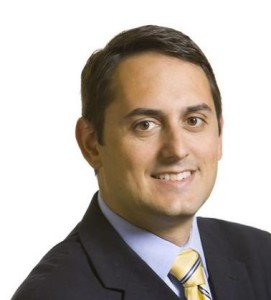 The Right Note is a weekly opinion column. The views and opinions expressed in the column are those of the author and do not necessarily reflect the views of ARLnow.com.
The Right Note is a weekly opinion column. The views and opinions expressed in the column are those of the author and do not necessarily reflect the views of ARLnow.com.
Every year the Arlington County Board takes one month off from its regular meeting schedule in August.
Having been on a policy maker’s staff, it is safe to assume county staff is even more grateful than the Board for the opportunity to take a breather and catch up.
Here five things a Board member could do in August to learn more about the impact of their decisions:
- Find a homeowner who wants to get a building permit and walk with them through every step of the process. Be copied on every email. Make all of the trips to the county offices, including those to pay fees.
- Work with a small business owner who is trying to start a venture in the county for the first time. Help them fill out every piece of paperwork. See if as a Board member you can explain the necessity for each and every form and tax. Ask them if they favor big businesses getting tax breaks and incentives while they receive nothing.
- Find another business owner who wants to put a sign on the front of their establishment or do some renovations. Fill out that paperwork. Go to the zoning office. Be with them when the inspector comes. Participate in the call with their contractor when the county requires a change.
- Spend a day in the life of county employees. Go out to a water main break and ask the people fixing them whether the aging infrastructure is maintained. Do a ride-along on the late-night shift with a police officer. Spend a day in a fire station. Work as a custodian in one of our public schools as they prepare buildings for the new year. Spend an evening cleaning up during the County Fair.
- Convene an off the record meeting with 5-10 Arlingtonians who did not vote for you and ask them what they think could be done to make this a better place to live, work and raise a family.
There are many other things the Board could do to step outside their bubble and gain perspective on the decisions they make. It would undoubtedly be beneficial to us all.


